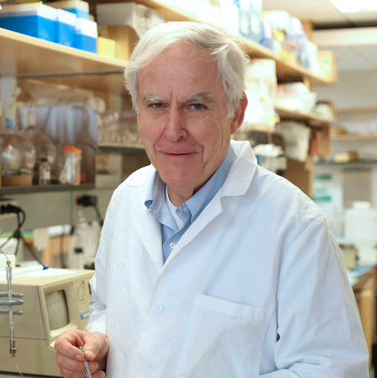David R. Clemmons, MD, is a Sarah Graham Kenan Professor of Medicine in the Department’s Division of Endocrinology and Metabolism and UNC’s Diabetes Care Center. UNC Health Care’s Newsroom has published an article about his research, featured in the Journal of Biological Chemistry.

(Republished with permission from UNC Health Care Newsroom)
New research could be bringing scientists one step closer to finding drugs to help stave off heart disease in people with diabetes, who are twice as likely to have heart disease or experience a stroke, as compared to people without diabetes.
“When diabetes is poorly managed, your blood sugar goes up and the amount of this protein goes down, so the cells become subject to abnormal proliferation,” said David R. Clemmons, MD, Sarah Graham Kenan Professor of Medicine in the UNC Division of Endocrinology and Metabolism. “We need to conduct more studies, but we think this cell pathway may have significant implications for how high blood glucose leads to atherosclerosis in humans.”
The study focused on the cells that form the walls of veins and arteries, known as vascular smooth muscle cells. The main function of these cells is to contract whenever the heart beats, helping to push oxygen-rich blood to the body’s tissues. When plaque builds up along the arterial walls, these cells gradually lose their ability to contract. In previous work, Clemmons and colleagues discovered that diabetes can trigger an abnormal cell signaling pathway that causes vascular smooth muscle cells to proliferate, which contributes to atherosclerosis. In this new study, the team found that IRS-1 acts as an inhibitor of the abnormal signaling pathway thereby keeping the vascular smooth muscle cells differentiated, or specialized. This study is the first to link this reduction with a predisposition for heart disease.
To read the article, go to: unc.live/2mcdvNo